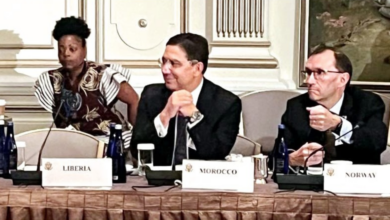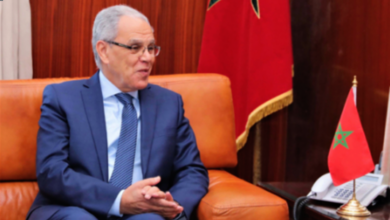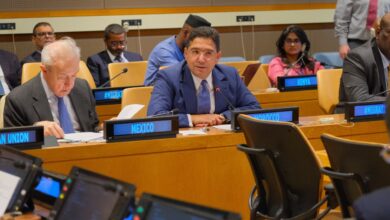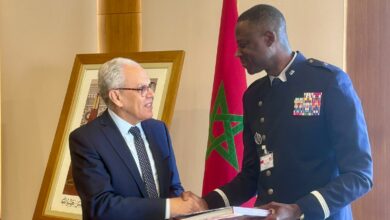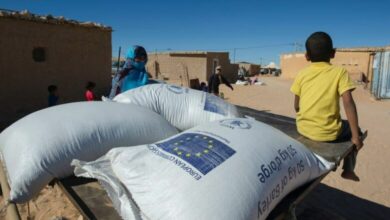Thanks to the Royal Momentum and Moroccan Diplomatic Efforts… Ecuador Strengthens Its Support for the Kingdom’s Territorial Integrity by Opening Its Embassy in Rabat
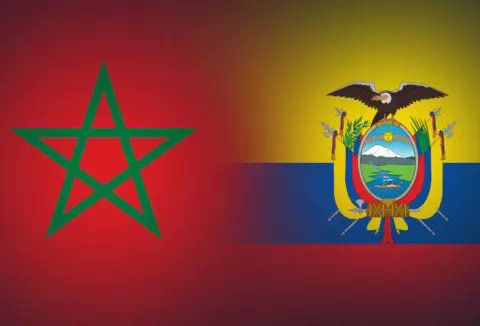
ALDAR / Meryem Hafiani
The Republic of Ecuador has officially inaugurated its embassy in the capital, Rabat, marking a significant shift in the positions of several Latin American countries regarding the Moroccan Sahara. This decision falls within the framework of the strategic dynamic launched by His Majesty King Mohammed VI, may God assist him, aimed at consolidating international recognition of the Kingdom’s territorial integrity and promoting the Moroccan autonomy initiative as a realistic and practical solution to this fabricated regional conflict.
The visit to Morocco by Ecuador’s Minister of Foreign Affairs and Human Mobility, Gabriela Sommerfeld, comes as part of a new phase in bilateral relations between Rabat and Quito. This new momentum was triggered following Ecuador’s sovereign decision on October 22, 2024, to suspend its recognition of the so-called “Sahrawi Republic”—a decision that clearly reflects the growing international support for Morocco’s autonomy plan, which has been repeatedly described by the United Nations Security Council as serious and credible.
Ecuador’s shift in position is a direct response to the momentum generated by Moroccan diplomacy under the direct guidance of His Majesty the King. This momentum goes beyond strengthening bilateral ties to include a tangible impact within United Nations bodies.
Quito’s decision carries particular weight due to its membership in the UN Special Committee on Decolonization, as well as the Fourth Committee of the General Assembly. As such, its stance carries international resonance and reinforces the legitimacy of Morocco’s position within decision-making circles at the UN.
The opening of the Ecuadorian embassy in Rabat is not merely a symbolic act of growing support; it is also a practical expression of an increasing conviction in the justice of Morocco’s national cause. It forms part of a broader trend across Latin America, where many countries are reassessing their previous stances in light of geographical and historical realities, as well as the legitimacy of the Moroccan proposal.
This development would not have been possible without the enlightened vision of the King, who has laid the foundations for a proactive diplomacy based on linking economic and development interests with the recognition of Morocco’s sovereignty over its southern provinces. This strategy is now bearing fruit through concrete positions and promising partnerships, redrawing the diplomatic map of support for Morocco’s national cause on the international stage.

